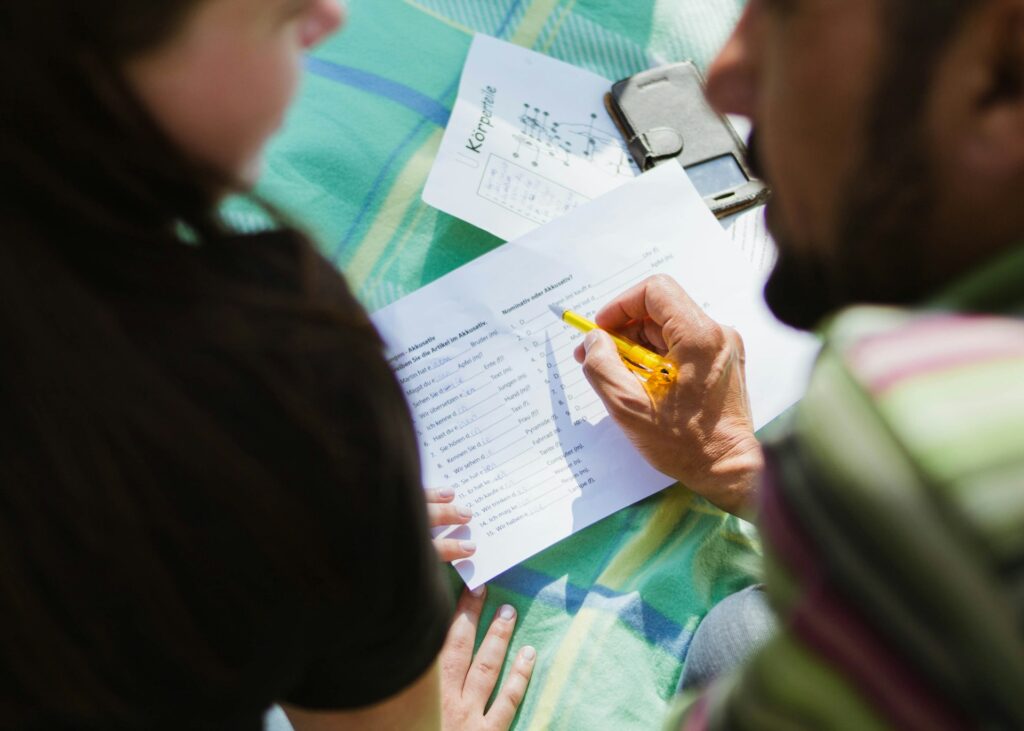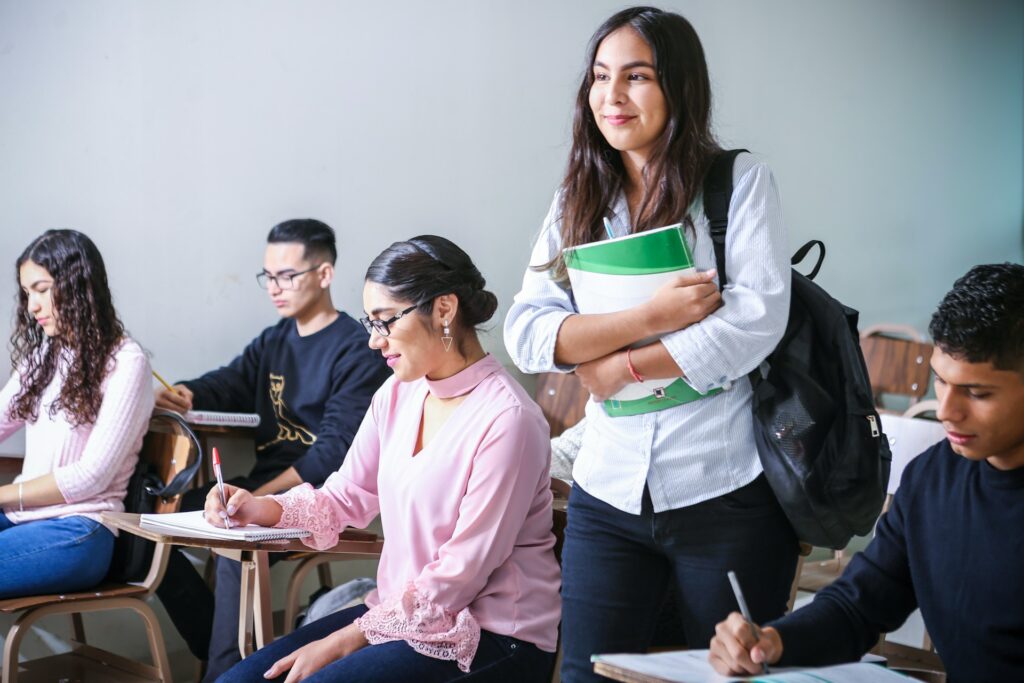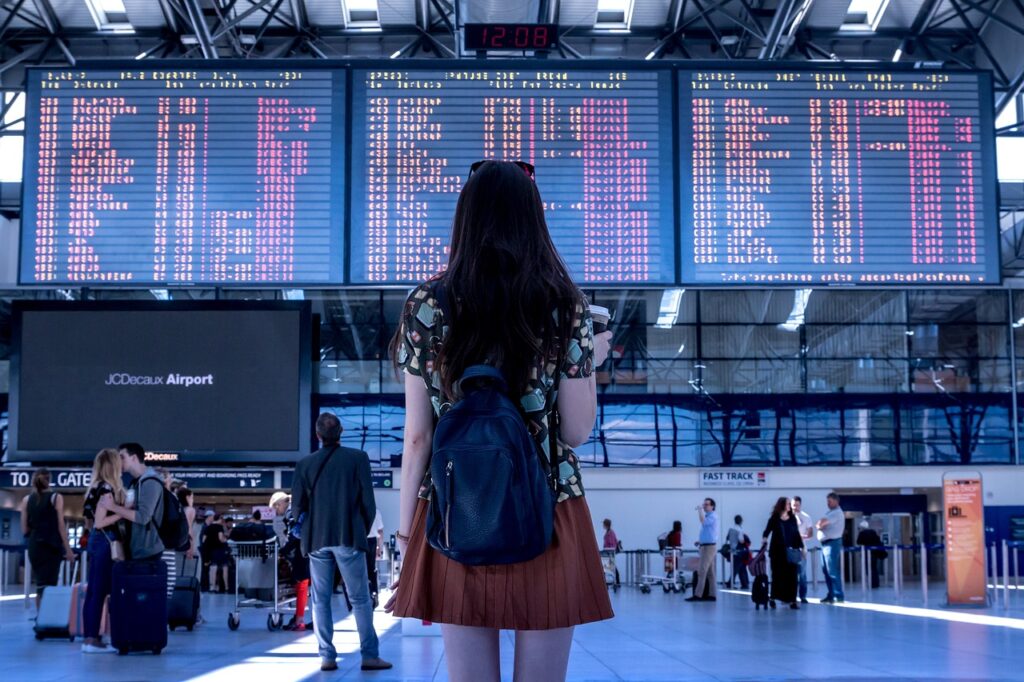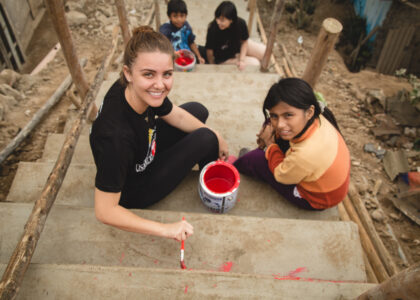Preparing students for international travel can be an exciting yet daunting task for educators and parents alike. Proper preparation ensures that students have a safe, enriching, and memorable experience. This guide provides comprehensive study abroad tips covering essential aspects such as cultural sensitivity training, safety protocols, and practical travel tips.

The Importance of Cultural Sensitivity Training
One of the most critical study abroad tips is to prepare students for the cultural differences they will encounter. Cultural sensitivity training helps students understand and respect the customs, traditions, and social norms of the country they are visiting. This training should include:
- Learning Basic Language Skills: Encouraging students to learn key phrases in the local language can significantly enhance their experience and interactions.
- Understanding Social Norms: Teaching students about local customs, etiquette, and acceptable behaviors helps prevent misunderstandings and fosters positive relationships with locals.
- Cultural Workshops: Participating in cultural workshops or sessions with guest speakers who have firsthand experience in the host country can provide valuable insights.
By prioritizing cultural sensitivity, students are more likely to have a positive and respectful experience abroad.
Safety Protocols for International Travel
Ensuring the safety of students is paramount. Here are some essential study-abroad tips for safety protocols:
- Emergency Contacts: Students should have a list of emergency contacts, including local emergency services, the nearest embassy or consulate, and contacts from their home country.
- Travel Insurance: Comprehensive travel insurance is a must. It should cover medical emergencies, trip cancellations, and lost belongings.
- Safety Briefings: Conducting pre-departure safety briefings that cover local laws, transportation safety, and emergency procedures can prepare students for various situations.
- Buddy System: Implementing a buddy system ensures that students are never alone in unfamiliar places, enhancing their safety.
For more detailed safety advice, refer to our article on Stay Safe With These Travel Safety Tips For Students.
Practical Travel Tips for Students
In addition to cultural sensitivity and safety protocols, practical travel tips can greatly enhance the study abroad experience. Here are some key tips for studying abroad:
- Packing Essentials: Students should pack smartly, including necessary documents, appropriate clothing, medications, and travel accessories. A packing checklist can be very helpful.
- Money Management: Educating students about managing finances abroad is crucial. They should be aware of currency exchange rates, using credit/debit cards internationally, and keeping track of expenses. For more tips on saving money, check out our guide on How To Save Money For Traveling Abroad – Your Ultimate Guide!.
- Health Precautions: Students should be informed about required vaccinations, how to maintain health and hygiene while traveling, and what to do in case of illness.
- Communication Plans: Establishing a communication plan with family and friends back home ensures that students can stay connected and provide updates about their well-being.
Taking regular breaks and maintaining mental health is crucial for students adjusting to a new environment. For further insights on the importance of taking breaks, you can read this comprehensive article.

Preparing High School Students for Study Abroad
When preparing for high school study abroad programs, it’s important to address the specific needs of younger students. High school students may require additional guidance and support. Here are some tips for educators and parents:
- Parental Involvement: Parents should be actively involved in the preparation process, from attending information sessions to helping with packing and travel arrangements.
- Chaperones and Supervision: Ensuring that there are adequate chaperones and a clear supervision plan can provide additional security and support for high school students.
- Educational Objectives: Clearly defining the educational objectives of the trip helps align the experiences abroad with the students’ academic goals. This includes integrating the trip into the curriculum and ensuring that learning outcomes are met.
- Student Workshops: Holding workshops or meetings to discuss expectations, address concerns, and answer questions can help alleviate anxiety and build excitement.
The Role of Educators in Study Abroad Preparation
Educators play a pivotal role in preparing students for international travel. Here are some study abroad tips for educators:
- Curriculum Integration: Integrating the study abroad experience into the curriculum ensures that it complements the students’ academic learning. This can involve pre-departure assignments, on-site projects, and post-trip reflections.
- Pre-Departure Orientation: Conducting comprehensive pre-departure orientation sessions can cover everything from cultural sensitivity to practical travel tips.
- Student Support: Providing ongoing support before, during, and after the trip helps address any issues that arise and ensures a smooth experience for students.
- Resource Provision: Offering resources such as travel guides, packing lists, and safety checklists can help students prepare effectively.
Encouraging Personal Growth and Development
One of the most significant benefits of studying abroad is the personal growth and development students experience. Here are some ways to encourage this growth:
- Reflective Journals: Encouraging students to keep a reflective journal can help them process their experiences and gain deeper insights into their personal development.
- Cultural Immersion Activities: Participating in local events, trying new foods, and engaging with the community can enhance cultural understanding and personal growth.
- Skill Building: Study abroad experiences often help students build essential skills such as adaptability, problem-solving, and intercultural communication. Highlighting these skills can help students recognize their value in personal and professional contexts.
Engaged Education: Transformative Educational Travel Experiences
By following these study abroad tips, educators and parents can help students prepare for a safe, enriching, and transformative international travel experience. From cultural sensitivity training and safety protocols to practical travel tips and personal growth opportunities, comprehensive preparation ensures that students make the most of their study abroad experience.
To learn more about planning and preparing for study abroad programs, check out our brochure.









